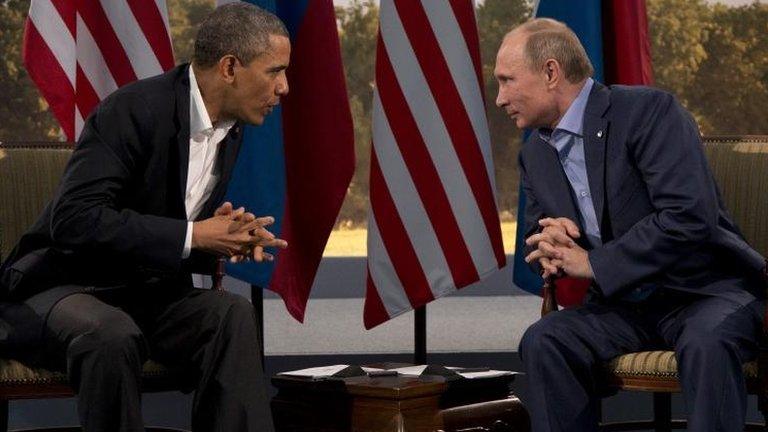Meeting the enemy: Obama's Taliban talks divide opinion
- Published

Many Nato soldiers have been killed and injured in Afghanistan
Senior administrators describe it as a milestone on the road to peace. Others will feel it is nearer to treason.
After more than 10 years of war, President Obama's government will open direct talks with the Taliban.
An office will be opened for this purpose in Doha, and the negotiations will begin in a few days.
Prisoner exchange will be one of the subjects under discussion, but in the first weeks the two sides will simply explore each other's agenda.
But there are conditions. The Taliban must break all ties with al-Qaeda, renounce violence and respect the Afghan constitution, including women's and minority rights.
Peace is perhaps always awkward.
I am writing this from the G8 in Northern Ireland, and it still slightly amazes me to see former enemies sharing power - people who were hunted as terrorists and murderers, who killed for their cause, getting down to the dull business of running part of a country.
But there is no mistaking the fact that many British and American soldiers have died in Afghanistan, and the US government is now going to talk to the people who killed them.
The Taliban may have equal qualms about talking to the people who invaded their country, and killed their compatriots.
It is no coincidence that this comes on the day that Afghan forces are in full control.
It would be difficult to announce that war is over and peace talks under way if Americans and British troops were still dying for a lost cause.
But of course, for Afghans, the war is not over.
An American official said the main peace talks had to be between Afghans themselves - and he was careful not to be overly optimistic, saying this was the first step on a very long road, that while conflicts often ended in a negotiated peace, there was no guarantee this would succeed.
This is indeed a milestone, part of Obama's commitment to end America's wars.
No wonder he doesn't want to start another one in Syria.
- Published17 June 2013

- Published17 June 2013